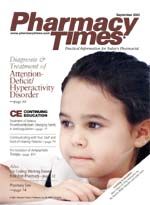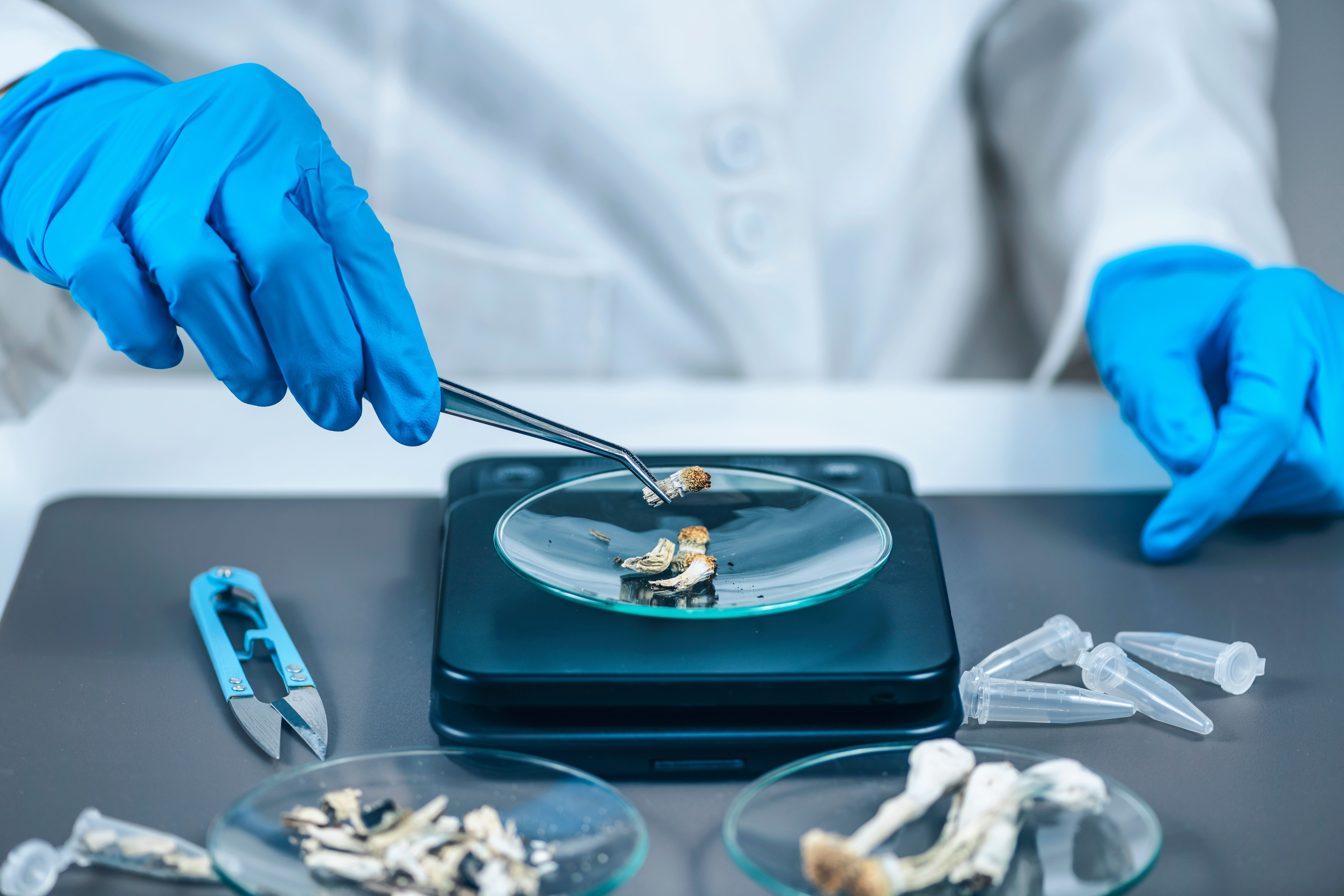Publication
Article
Pharmacy Times
Symptomatic GERD a Separate Entity?
Although once considered a mild or initial form of gastroesophageal reflux disease (GERD), new evidence suggests that symptomatic GERD is a separate condition, distinct from erosive esophagitis in epidemiology, pathophysiology, and, perhaps, treatment. Experts from the United States and Europe gathered earlier this year to discuss the many aspects of this disease. Their roundtable discussion was reported in a March 2003 supplement to the American Journal of Gastroenterology.
Symptomatic GERD, also referred to as nonerosive reflux disease (NERD) or endoscopy-negative reflux disease (ENRD), accounts for the majority of GERD cases. The lack of esophageal erosions can make symptomatic GERD difficult to diagnose. The primary therapeutic goals are symptom relief and quality-of-life improvement.
Proton pump inhibitors (PPIs) have been proved superior to H2 receptor antagonists and are considered the treatment of choice for symptomatic GERD. Questions remain, however, as to which PPI, dosage level, and treatment regimen are best. Acid suppression is the best treatment for most patients, but the necessity of long-term daily PPI use has been challenged. Experts are considering alternative treatment regimens for patients with symptomatic GERD, including:
? Intermittent therapy
? On-demand therapy
These treatment options take advantage of newer PPIs, which have the rapid onset of action and produce the intensity of effect that are crucial for these treatment regimens, the report said.

Newsletter
Stay informed on drug updates, treatment guidelines, and pharmacy practice trends—subscribe to Pharmacy Times for weekly clinical insights.






